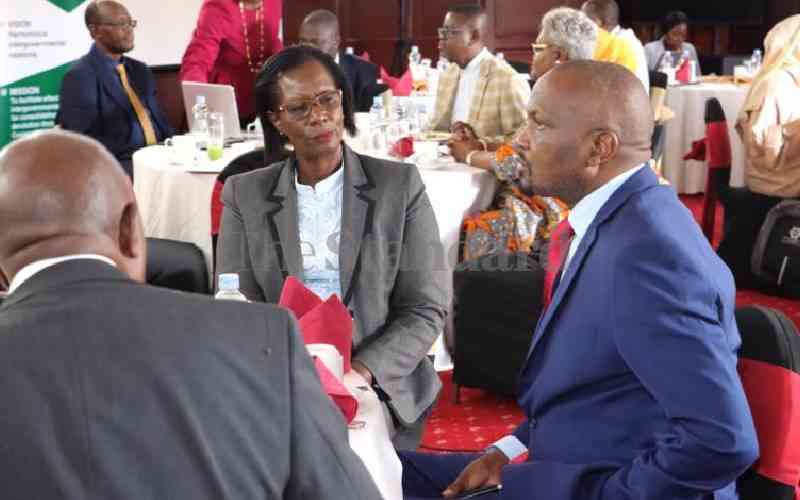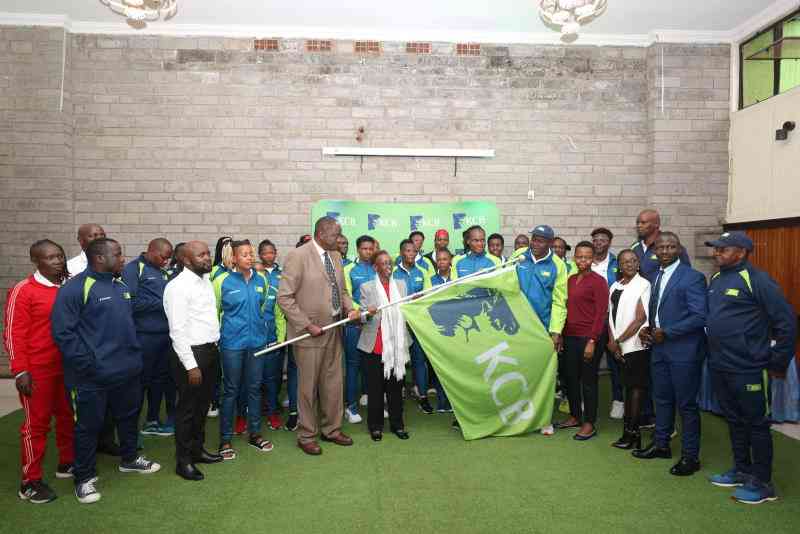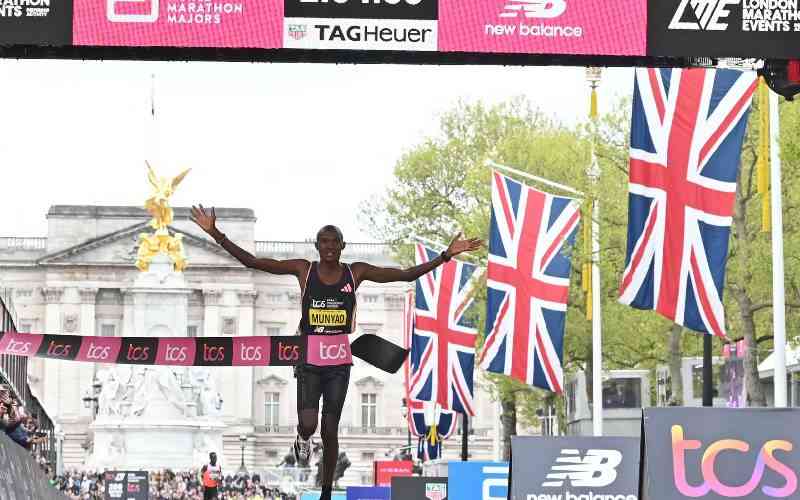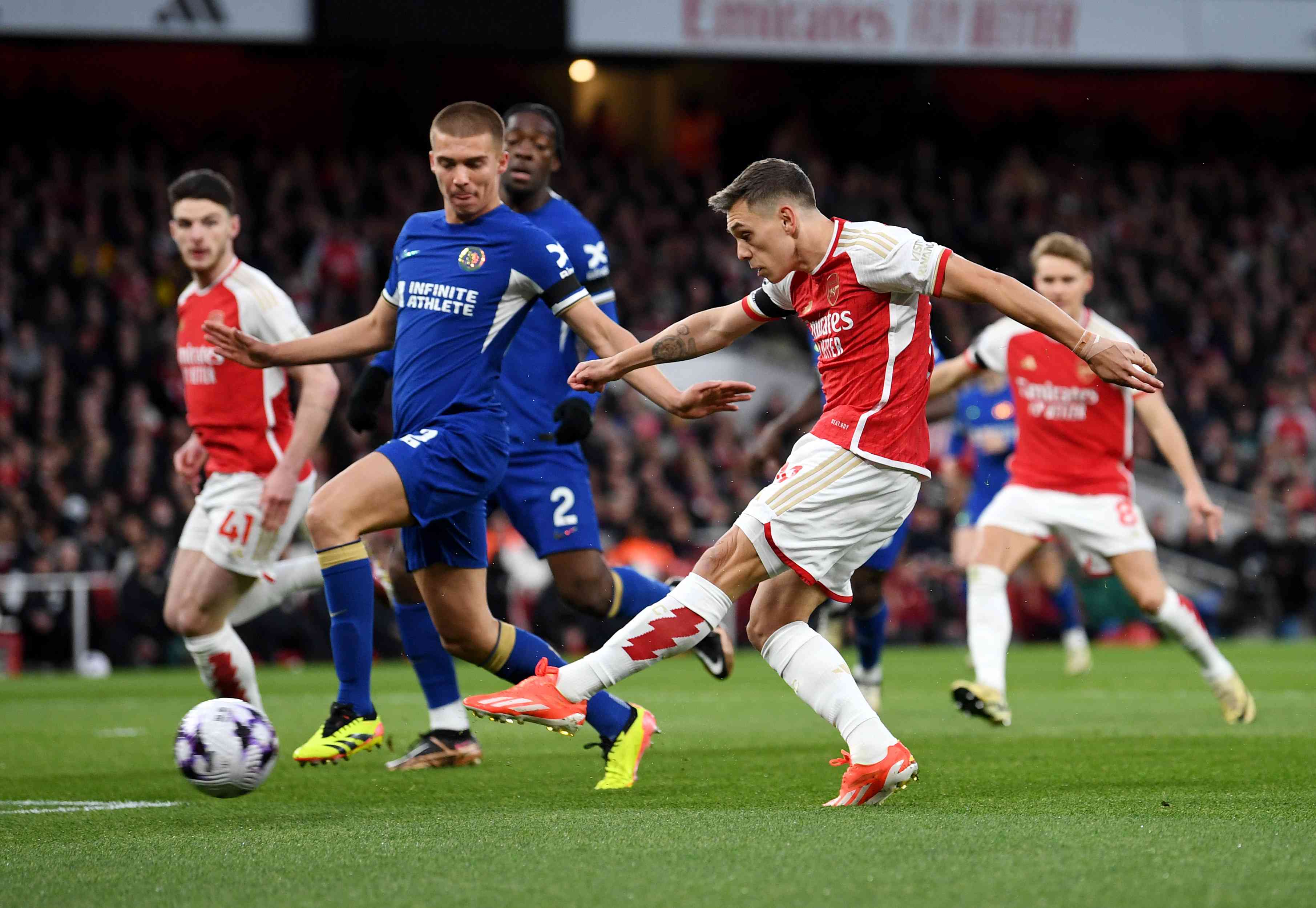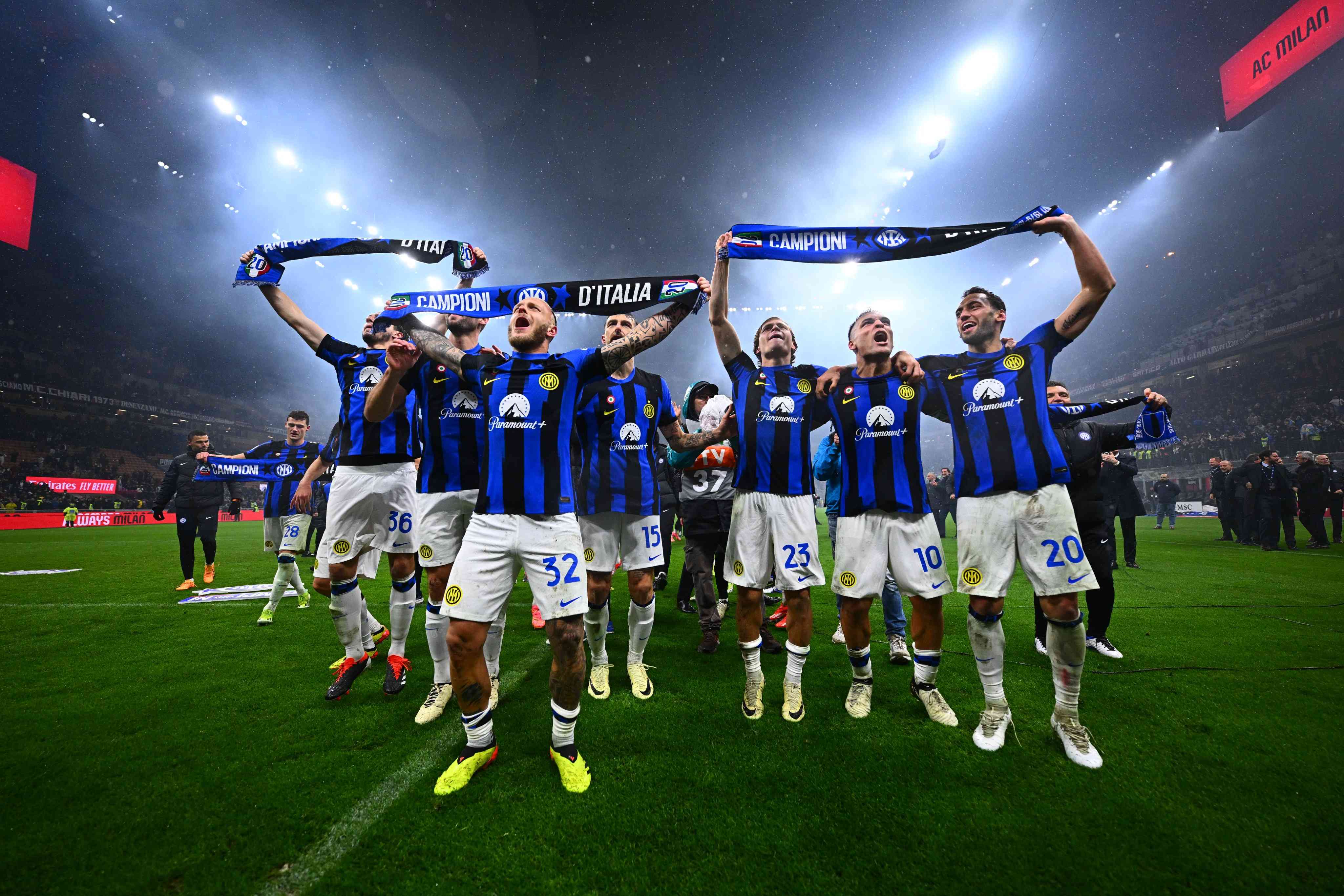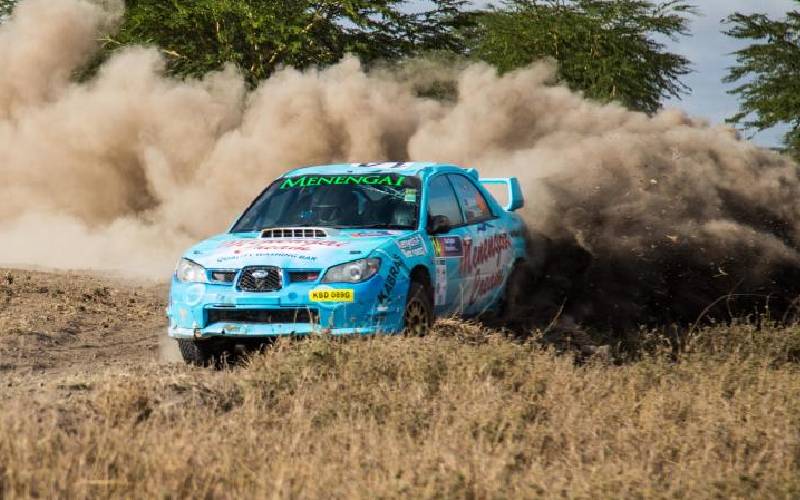
In November 2021, I engaged with Minti motorsport in the classic rally event for the first time. It was a 3-day mini-classic that covered about 1,000km mostly in the Nairobi - Kajiado route.
This year, February 10-19, I joined the classic rally with Minti, which covered about 4,000km traversing over five counties. As Kenya Tourism Board MD Betty Radier said, motorsport events such as the East Africa Classic Rally, enhance a destination’s attractiveness and competitiveness. This year’s classic rally attracted 48 entries. The crew were made up of Kenyans along with international participants from Europe, Asia, and America, offering an opportunity to profile Kenya in these source markets.
As I enjoyed traveling, engaging best drivers in the continent and motorsport companies, I wondered whether policymakers including politicians, economists, citizens, business people and academics fully appreciate the economic prominence of motorsports in Kenya.
Compared to other sports like athletics where we are familiar with the amount of money top athletes make, how much a ticket costs, how much a stadium or track costs, and even value of broadcast rights, nothing much is talked about in terms of the value motorsport plays in our economy. Despite the fact that motorsports catch and sometimes consumes our attention – like the case of WRC or the just ended East Africa Classic Rally, we rarely equate the entertainment value with the economic value. Currently in Kenya, we do not have a clear database or documentation of the motorsport industry. The multi-million shilling industry has been left to the private sector to run while the Kenya Motorsport Sport Federation largely regulates various branches of motorsport in Kenya.
As a result, many hurdles that hinder upcoming drivers are unaddressed. As a researcher and motorsport enthusiast, I would want to go beyond that information and level. I would wish to understand the economics behind motorsport; what is the cost, number of people employed in the sector, what is the contribution of the sector to the economy etc.
The prevailing cost of investment is huge which in return creates uncertainties among new and potential participants. Someone said if you do not have ‘deep pockets’ you cannot join the ‘big boys’ club. This has to be addressed for sports equity.
In Kenya, we do not manufacture car parts yet, so we rely on importing most parts used locally. There are no incentives to rally teams at all. Fuel is another factor to consider.
Women have systematically been left out in the ‘male dominated’ sector. As Joey Ghose of Minti Motorsport says, “The Kenyan driver needs to be given first priority. As such, we need to support talent.”
The writer is a social impact researcher.
 The Standard Group Plc is a multi-media organization with investments in media
platforms spanning newspaper print operations, television, radio broadcasting,
digital and online services. The Standard Group is recognized as a leading
multi-media house in Kenya with a key influence in matters of national and
international interest.
The Standard Group Plc is a multi-media organization with investments in media
platforms spanning newspaper print operations, television, radio broadcasting,
digital and online services. The Standard Group is recognized as a leading
multi-media house in Kenya with a key influence in matters of national and
international interest.
 The Standard Group Plc is a multi-media organization with investments in media
platforms spanning newspaper print operations, television, radio broadcasting,
digital and online services. The Standard Group is recognized as a leading
multi-media house in Kenya with a key influence in matters of national and
international interest.
The Standard Group Plc is a multi-media organization with investments in media
platforms spanning newspaper print operations, television, radio broadcasting,
digital and online services. The Standard Group is recognized as a leading
multi-media house in Kenya with a key influence in matters of national and
international interest.





